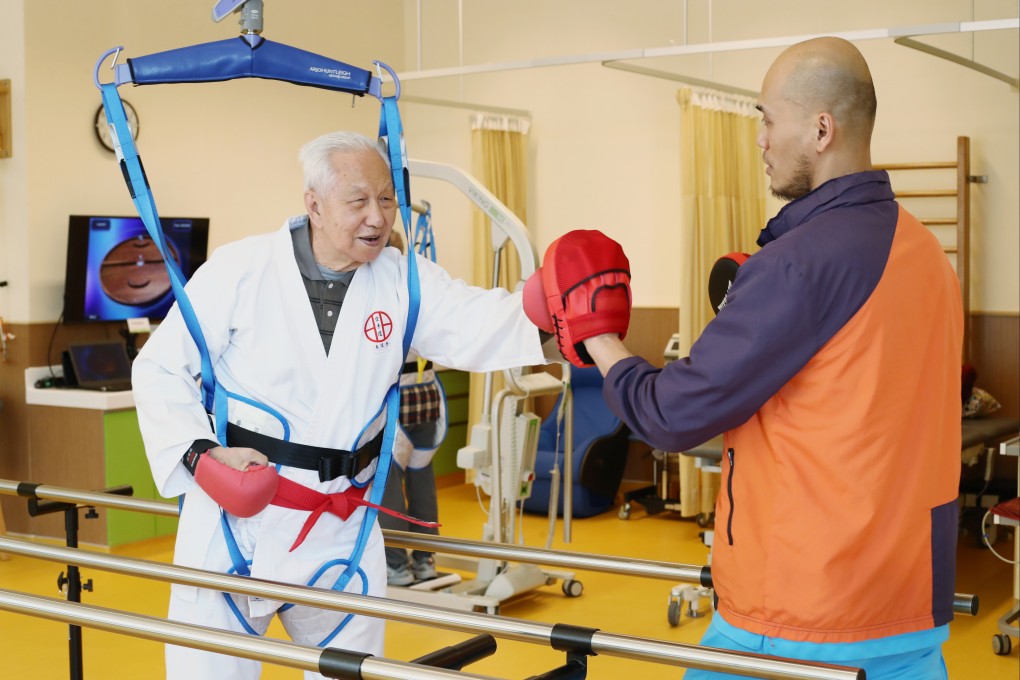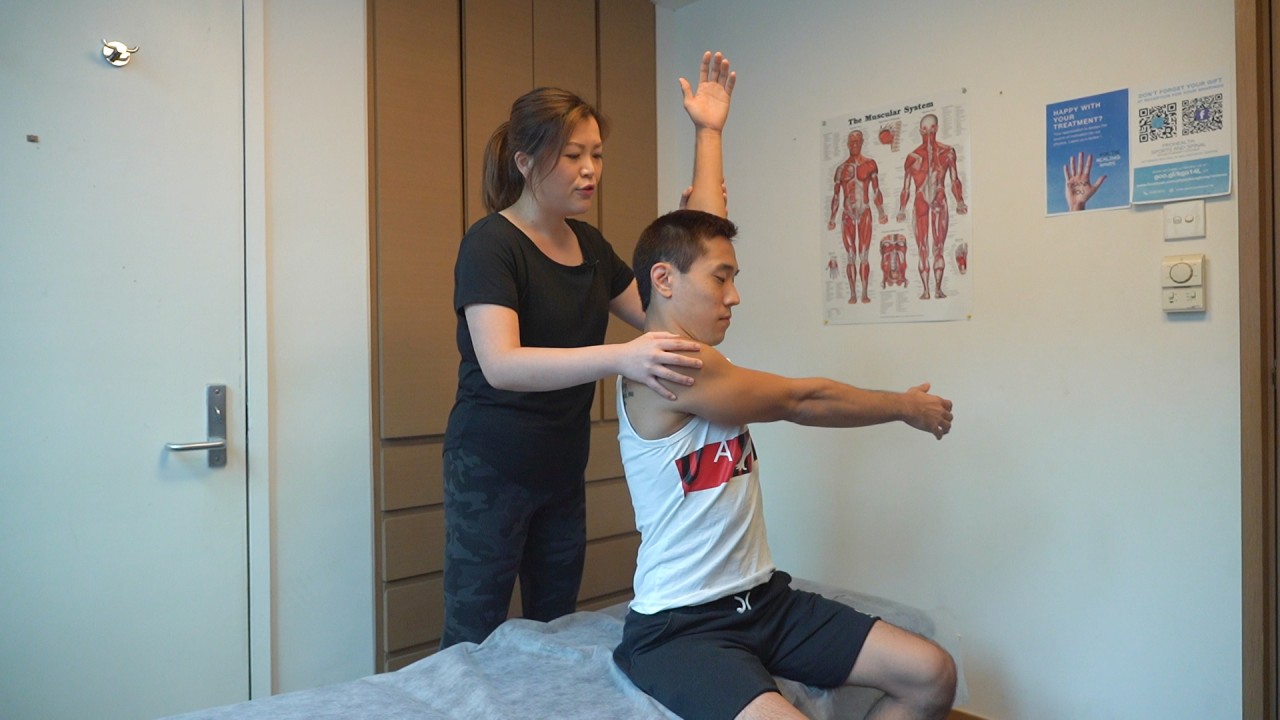Letters | Physiotherapists ready to play bigger role in Hong Kong’s health care
- Readers discuss developments in physiotherapy, the finance sector’s role in fossil fuel divestment, language learning and the contributions of older workers

First, starting with the entry-level education programme, physiotherapy students are trained to use the best available research evidence when making clinical decisions. Students are exposed to different scenarios to be trained in clinical reasoning and differential diagnosis skills.
Both the academic and clinical education components are designed to meet international standards as specified by World Physiotherapy. With these stringent requirements, the new generation of locally trained physiotherapists is equipped to practise independently when direct access is implemented.
Lifelong learning is the motto of physiotherapists. According to the 2017 Health Manpower Survey conducted by the Department of Health, about 90 per cent of registered physiotherapists had received additional training in various speciality areas. Among them, about 65 per cent had obtained a master’s degree in postgraduate studies. We have full confidence that registered physiotherapists in Hong Kong are confident, competent and equipped to offer direct access.
Second, physiotherapists play a vital role in disease prevention and health promotion. Entry-level physiotherapy programmes include dedicated courses and clinical placement in primary health care and community-based rehabilitation. The existing entry-level programmes are designed to prepare our graduates to serve in these settings.
Third, the Hong Kong Physiotherapy Association, together with education institutions, has long provided continuing education courses in different speciality areas. The aim is to ensure Hong Kong residents with different health care needs can benefit from the latest developments in physiotherapy services.

